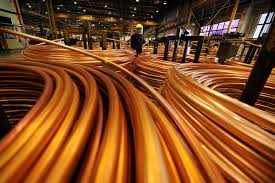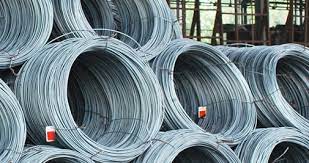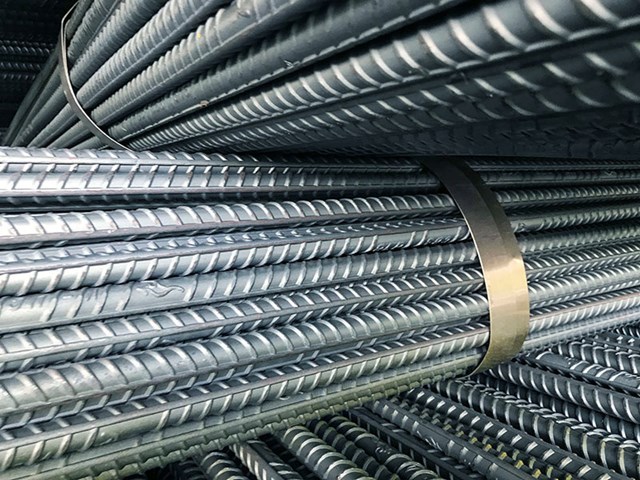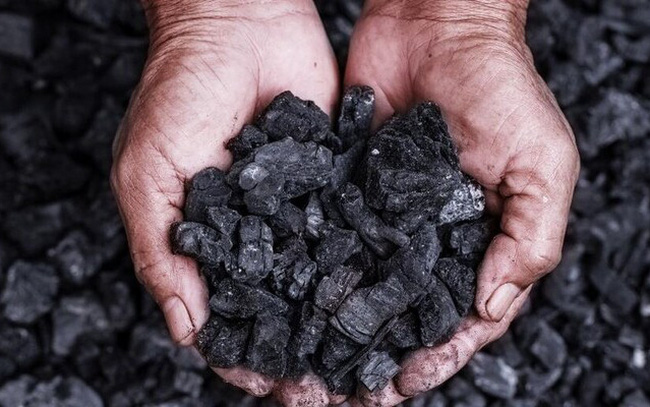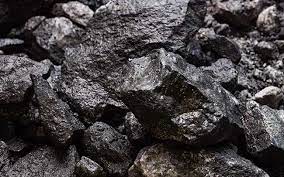China has turned from boosting global demand for key commodities into a drag on growth, its customs data for July confirming a weakening trend for imports of crude oil, iron ore and copper.
Coal is not part of this trend, but the sharp increase in imports of polluting fuels in July is the result of China’s need to access the sea market due to domestic policies that have limited local output. direction.
China, the world’s largest crude oil importer, imported 41.24 million tonnes in July, or 9.71 million bpd (bpd), according to official customs data.
được công bố vào ngày 7/8.
China imported 41.24 million tons in July 2021, or 9.71 million bpd.
This is down from June’s 9.76 million bpd, slightly higher than May’s 9.65 million bpd and lower than April’s 9.82 million bpd. 2021.
July was the 4th consecutive month of imports of crude oil below 10 million bpd, a far cry from most of 2020, when imports surged from May to November as refiners stockpiled crude stored bought cheaply during the height of the Covid-19 outbreak and a brief price war between top exporters Saudi Arabia and Russia.
At the time, imports had hit a record high of 12.94 million bpd in June 2020, but aside from the brief spike in March this year, 2021 is the story.
về việc Trung Quốc giảm mua dầu thô.
Crude oil imports in the first 7 months of 2021 were 5.6% lower than the same period in 2020.
The rate of decline in crude oil could accelerate in the coming months as strong imports in the second half of 2021 will provide a higher base for comparison.
Natural gas imports, both from pipelines and liquefied natural gas (LNG), also fell in July to 9.34 million tonnes from 10.21 million tonnes in June.
However, this is more likely related to the scarcity of spot goods due to increased demand for supercooled fuels across Asia to meet the increased electricity consumption during peak air conditioning times. in the summer.
SOFT METAL
Among metals, imports of iron ore fell for the fourth consecutive month, with 88.51 million tonnes of raw steel reaching customers in July, down from 89.42 million in June and 21% lower against a record 122.65 million from July 2020.
 |
Imports in the first 7 months of 2021 were 1.5% lower than the same period in 2020.
It could be argued that weather-related supply issues in top exporter Australia and Covid-19-related production impacts in number two exporter Brazil are to blame for the weakness in imports. iron ore.
Unsurprisingly, iron ore prices have plummeted in recent weeks, with China buying about 70 percent of global seaborne volumes, down about 27 percent from record highs in May and ending in… at 171.30 USD/ton.
Imports of copper also fell for the fourth consecutive month, China bought 424,280 tons of unwrought metal, down from 428,437 tons in June and just over half of the record level reached 762,211 tons in July 2020 .
The release of 50,000 tons from China’s state reserves and the loss of some momentum in key manufacturing indicators are most likely to be responsible for the softer imports of industrial metals.
Imports of copper fell for the fourth consecutive month, China bought 424,280 tons of unwrought metal, down from 428,437 tons in June.
In addition, a change in import rules to allow the purchase of higher grade scrap copper could also affect imports of refined copper and as this is a structural change it could further affect imports of refined copper. continue to have an impact in the coming months.
Coal was the exception to China’s imports of key commodities, with shipments in July hitting a seven-month high of 30.18 million tonnes, from 28.39 million in June and 26.1 million. in July 2020.
However, in the first 7 months of the year, coal imports still fell 15% year-on-year, due to a drop in domestic production amid the closure of mines for safety checks.
With China now reopening mines and peak summer electricity demand unlikely to last beyond August, the risk is that coal imports will fall in the coming months.
Overall, July trade data shows that China’s goods imports have seen many policy changes as part of Beijing’s efforts to boost the economy after the pandemic.
It is likely that the remaining months of 2021 will see more imports than were recorded in 2019, before the pandemic, rather than in the second half of 2020, when stimulus measures were in full swing. .
Source: VITIC/Reuters
T&G International Joint Stock Company
Address: 352 Hue Street, Le Dai Hanh Ward, Hai Ba Trung District, Hanoi
Hotline: 0345786803
Email: hrm@tginterjsc.com
Website: http://tginternationaljsc.com



